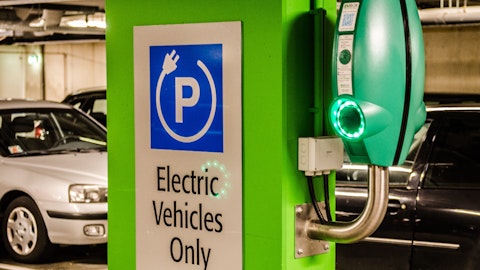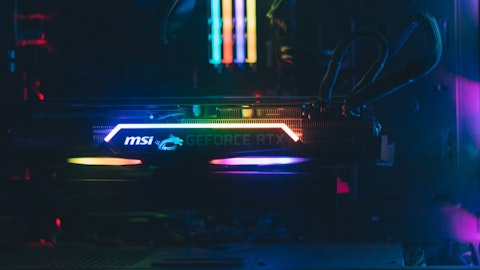
He Passed $400M Without Changing the Way He Works
In most growth stories, scale is synonymous with expansion, of teams, of structure, of decision layers. But Nexus International, a tech company projecting $1.45 billion in revenue for 2025, hasn’t followed that pattern. Its founder, Gurhan Kiziloz, built the company without raising external capital, without hiring executives, and without introducing structural complexity.
The business surpassed $400 million in revenue in 2024. It reached that point without a board, without outside advisors, and with Kiziloz making the final call on every key decision. That structure has remained constant from the company’s early stages to its present scale.
Most solo-led companies plateau long before this point. Burnout, bandwidth constraints, and management gaps typically push founders to delegate or restructure. But Kiziloz has kept his approach intact, even as the company’s footprint expanded.
Asked how decisions are made inside Nexus, he offers a short process: “Give me an idea. If I like it, I will get it done.” The absence of friction is intentional. It’s not a result of under-resourcing, it’s a structural choice. He doesn’t run internal reviews. There are no all-hands meetings. Strategic direction isn’t shaped by consensus. Execution is fast because it’s centralized.
That model is rare. Even solo operators who avoid outside capital tend to build support layers, product leads, operating officers, strategy teams. But Kiziloz resists that type of scaffolding. He has repeatedly declined investor interest, and he doesn’t outsource leadership decisions.
“Not everyone is designed to take a ride in a rocketship,” he says, when asked about momentum and team pressure. It’s not a sentiment rooted in intensity for its own sake. It’s a reflection of how he views the company’s operating speed as non-negotiable. People who can’t move at that pace, he implies, tend to move on.
While the company has grown in revenue, customer base, and product scope, its internal structure remains unusually lean. Kiziloz doesn’t publicize employee headcounts. He doesn’t attend founder networking events. There’s no polished LinkedIn presence outlining executive hires or funding rounds. The public face of Nexus is its performance data, not its org chart.
That kind of operating model invites questions about resilience. In traditional environments, roles are distributed to ensure continuity. In Nexus, the founder is the primary operator. There’s no second-in-command to absorb pressure. No bench of VPs waiting to take over key decisions. If Kiziloz steps away, the system doesn’t have a built-in alternative.
This doesn’t appear to be a concern for him. His answers in interviews suggest a bias toward action over analysis. “I don’t reflect; I just keep moving,” he said. When something doesn’t work, the correction isn’t bureaucratic. It’s direct, personal, and immediate. The strength of the model is its responsiveness. The cost is its reliance on one person.
Still, the numbers show no sign of deceleration. A reported $400 million in revenue in 2024. A projection of $1.45 billion in the year ahead. These are not signals of a founder who has hit scale limits; they’re indicators that the system, while unconventional, is still functional at a high level.
Where most founders eventually restructure to preserve their energy or broaden their capability, Kiziloz continues to operate in a narrow loop. He sets the pace, approves the direction, and tolerates little noise. There is no strategic committee. There is no pitch for more capacity. If something makes sense, the company moves.
That model may not be replicable, but it is consistent. Nexus hasn’t grown by changing its internal shape. It has grown by refusing to. For Kiziloz, expansion hasn’t required transformation. It requires focus.
As 2025 approaches, the company’s targets are large. The structure chasing those targets is not. And that, for now, is the point.
Disclosure: Insider Monkey doesn’t recommend purchase of any securities/currencies. Insider Monkey received compensation to publish this article. We don’t guarantee the accuracy of the statements made in this article. Insider Monkey and its principals are not affiliated with the client and have no ownership in the client’s business. Insider Monkey doesn’t recommend the purchase/sale of any securities, cryptocurrencies, or ICOs. Please get in touch with a financial professional before making any financial decisions. You understand that Insider Monkey doesn’t accept any responsibility and you will be using the information presented here at your own risk. You acknowledge that this disclaimer is a simplified version of our Terms of Use, and by accessing or using our site, you agree to be bound by all of its terms and conditions. If at any time you find these terms and conditions unacceptable, you must immediately leave the Site and cease all use of the Site.





